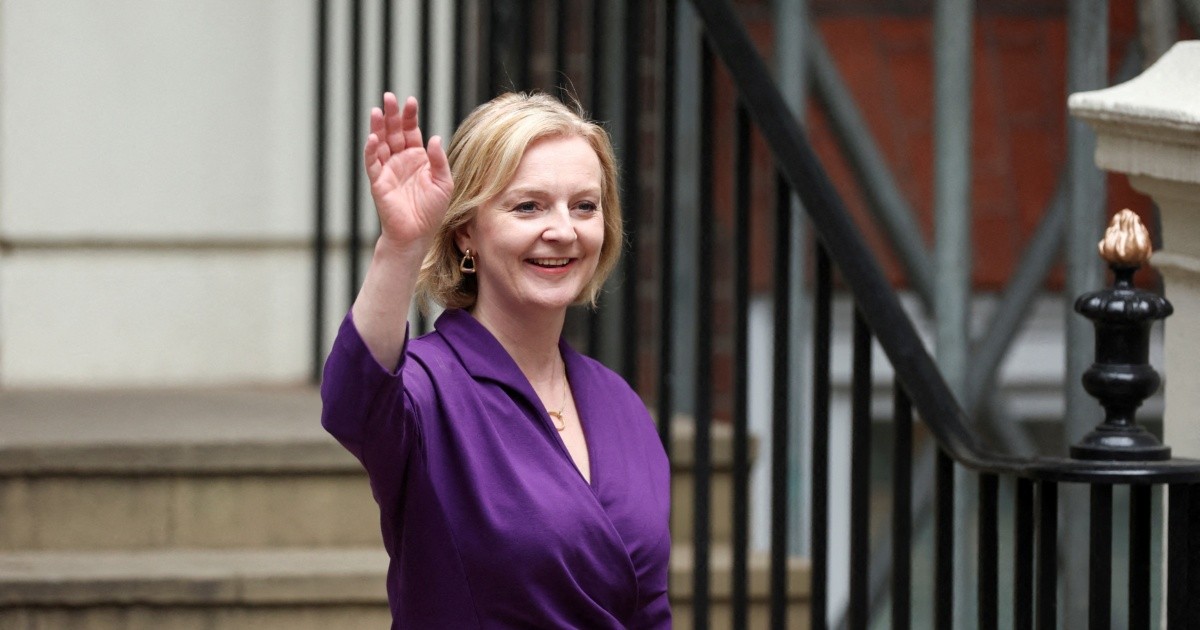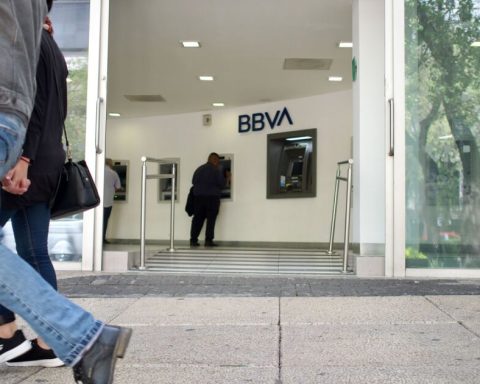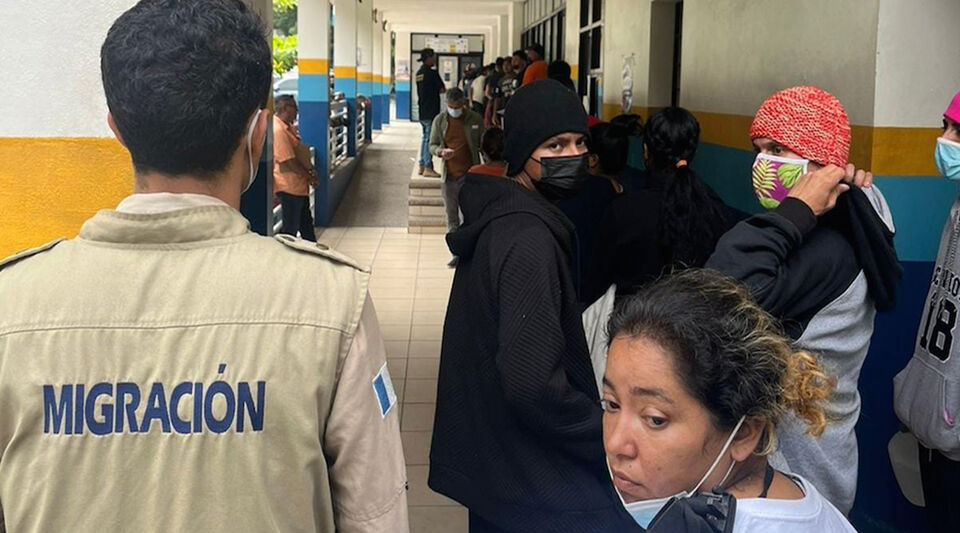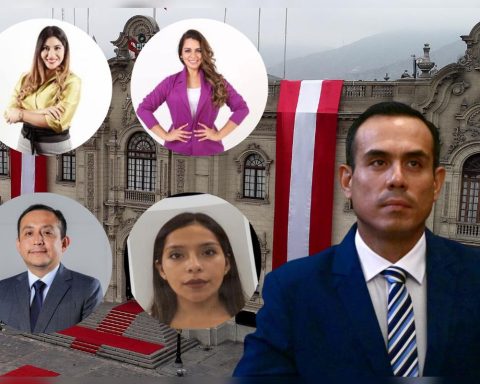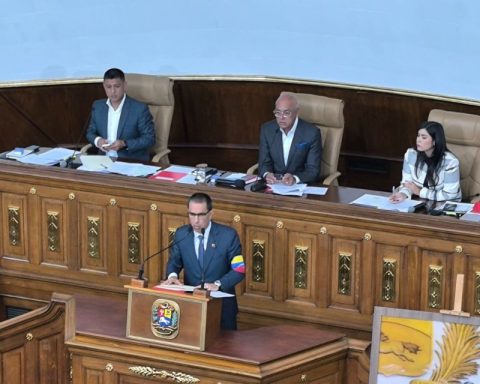Liz Truss will be the next Prime Minister of the United Kingdom. After two months of competition, the members of the Conservative Party have chosen her as its new leader. All that remains is for her Truss to travel to Balmoral, in Scotland, where she will be formally invited by the Queen to form a government.
Truss will become the fourth leader and prime minister tory in just over six years. She is Queen Elizabeth’s 15th Prime Minister, and the third woman to hold the position.
Her rapid rise to the top began in 2010, when she was first elected to Parliament. Four years later, she joined David Cameron’s cabinet as Environment Secretary. Later, she was Attorney General and then Chief Treasury Secretary under Theresa May, and International Trade and Foreign Affairs Secretary under Johnson.
Truss is an avowed economic libertarian. She enthusiastically supported Remain in the 2016 UK referendum on EU membership but has subsequently preached the benefits of Brexit and has taken a notably belligerent stance against Russia over its invasion of Ukraine.
Truss’s brand of economic libertarianism, political optimism and warmongering proved decisive in the 2022 leadership contest. Despite a series of blunders and false turnshis tax-reduction program, coupled with his long-standing allegiance to Johnson, gave him a substantial advantage over his direct rival, Rishi Sunak.
As the new Prime Minister, Truss faces a series of daunting challenges: rampant inflation, skyrocketing energy costs, deteriorating public services, ongoing strikes and a pro-independence government in Scotland. Abroad, she must deal with the war in Ukraine and troubled relations with the European Union.
Why did Boris Johnson resign?
Truss will replace Boris Johnson, who was forced to resign as Conservative Leader and Prime Minister last July. The mass resignation of some 60 ministers and other political officials, including Health Secretary Sajid Javid and Chancellor of the Exchequer Sunak, came in protest of Johnson’s mismanagement of a scandal involving Chris Pincher, a former deputy head of government.
Pincher resigned from his position after being accused of sexually assaulting two men in a private club. Pincher said he had “drank too much” and was embarrassed, but denied the allegations and remains an independent MP. Other landmark allegations of sexual misconduct have surfaced, raising questions about what Johnson knew and when.
Downing Street initially denied that Johnson was aware of these accusations when he appointed Pincher as chief of ranks. This denial was later shown to be false. Johnson was also criticized for not immediately suspending Pincher from the match, as he only did so after coming under intense pressure from within his own ranks.
But Johnson’s power was tenuous even before the Pincher affair. A series of scandals demonstrated his lack of rigor in public life. Several Conservatives had asked him to resign for the partygatethat is, by the revelations about drinking parties in Downing Street, which defied the restrictions of COVID-19, and which finally translated into police tickets for Johnson and his wife.
Johnson’s own behavior had become an indefensible distraction. Nothing less than 41% of the conservative deputies they voted against him begining of June.
Johnson’s perceived lack of leadership was a second source of discontent. He could claim that he had “gotten Brexit”, but what was the government going to do with him next? There was a lot of talk about “leveling” but little of practical substance. The problems were compounded by the looming cost-of-living crisis and the apparent chaos of his Downing Street operation.
Finally, Johnson had come to be seen as an electoral liability. The Conservatives had been trailing Labor in opinion polls since late 2019 and had more recently lost a series of by-elections to Labor and the Liberal Democrats. Conservative MPs, especially in the fringe seats, were worried.
The Pincher affair proved fatal for Johnson because he directly tapped into these sources of discontent. Johnson’s supporters claimed that his own party had stabbed him in the back, but after repeated missteps, he had simply tripped over his own sword.
Why have there been no elections?
The choice of Johnson’s successor is a matter exclusively for the ruling Conservative party. The United Kingdom is a parliamentary system in which the incumbent government is formed by whoever gains the confidence of the House of Commons. In practice, this usually means the leader of the party that won the most seats in the last general election.
When a prime minister resigns in the middle of a term, there is no constitutional need to hold new general elections. In his place, the party in power elects a new leader and thus the new prime minister.
Prime ministers taking office in this way are not unusual. Since 1945, eight prime ministers have started with a victory in a general election, while nine have done so in the middle of a term.
Political parties have their own rules on how to select a new leader. Before 1965, new Conservative leaders emerged from consultations with senior party officials. From then until 1998, the new leaders were chosen exclusively by Conservative MPs. Since then, they have been chosen through a two-stage process in which MPs select two candidates, and then party members – in the case of the Conservatives, about 180,000 dues-paying members– make the final choice.
Eight candidates participated in the first phase of the contest to replace Johnson. After five rounds of voting among Conservative MPs, Sunak, a former chancellor, was in first place with 137 votes (38.3%), Truss, then foreign minister, was in second place with 113 votes (31.6%), and Penny Mordaunt, Minister of State for Trade Policy, was eliminated from the race with 105 votes (29.3%)
A vote among party members followed, for which Sunak and Truss spent much of July and all of August asking for support. In the end, Truss beat Sunak 57% to 43%.
What happens now?
Truss’s immediate task will be to form a government. The people he includes in his cabinet will set the tone for his relationship with his party. Truss won the leadership because it was the choice of Conservative affiliates, not the preferred candidate of her MPs. The honeymoon period could be brief, especially if conservatives continue to languish behind Labor in the polls.
Above all, Truss will have to manage her party’s expectations about the upcoming general election. All prime ministers who assume power are received with requests for immediate elections to be held with the constitutionally spurious argument that they have not been elected.
At the same time, the prime ministers who take power want their own mandate from the voters. This reinforces their authority and allows them to start with a new set of commitments.
Truss has the power to call a general election at will. If the Conservatives enjoy a sustained rebound in the polls, Truss will have to calculate whether it is better to consult the country sooner, knowing the economic situation may deteriorate, or wait until the last minute, hoping things will improve.
If that push doesn’t happen, those calculations will be moot, with the 2019 elected parliament likely to fill out the entire term. Voters will then have the opportunity to deliver their verdict on the new British prime minister no later than January 2025.
Nicholas AllenReader in Politics, Royal Holloway University of London
This article was originally published on The Conversation. read the original.
